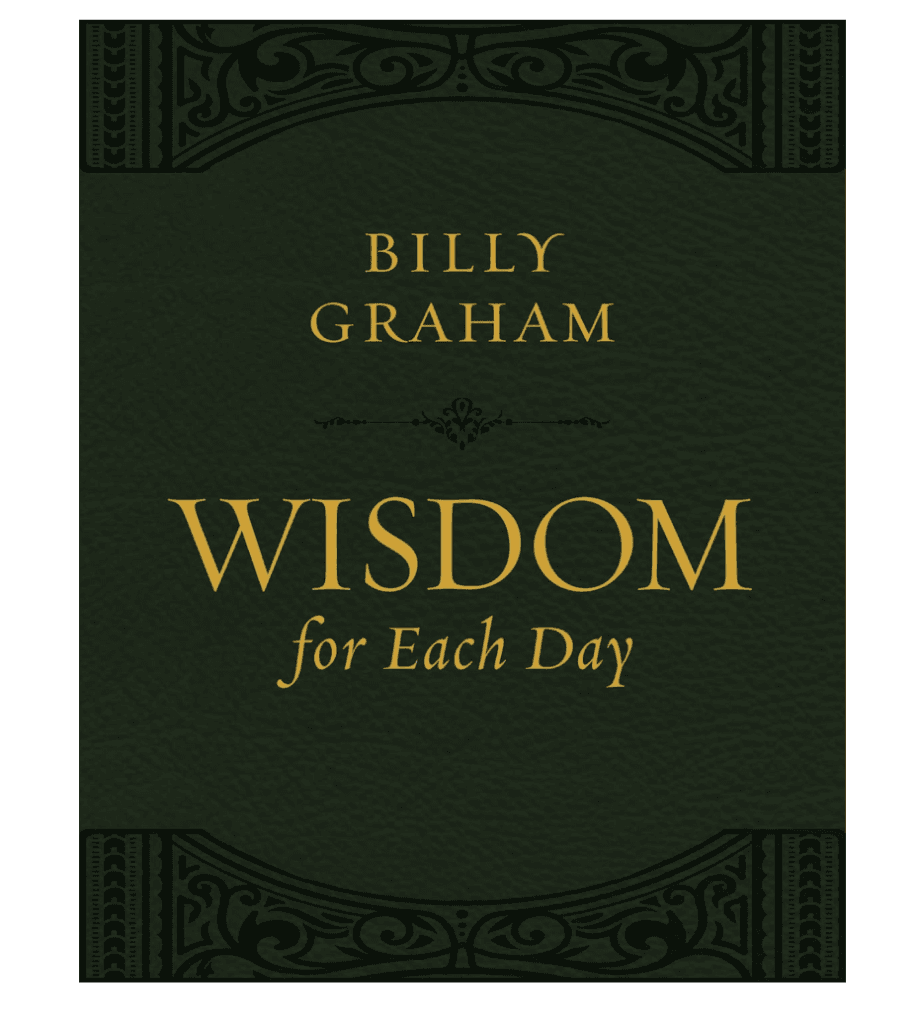No products in the cart.
How Long Should You Read The Bible Each Day
ADVERTISEMENT
This post contains paid and/or affiliate links. I make a small commission at no extra cost to you. Please see our Privacy Policy.
Reading the Bible daily can make your life richer. It gives you spiritual food and insight. But, how long should you read the Bible each day? It depends on your goals, schedule, and how you connect with the text.
Many suggest starting with 15 minutes a day. This lets you understand a passage, think about its meaning, and apply it to your life. Short, regular reading sessions are better than long, irregular ones. They help build a habit and keep scripture in your mind all day.
ADVERTISEMENT
- 15 Minutes: Good for beginners. Read a chapter or two.
- 30 Minutes: Perfect for those wanting to dive deeper. You can read through commentary or related books.
- 1 Hour: Best for serious study. You can incorporate prayer, reflection, and journaling.
How long you read can also depend on your Bible knowledge. Beginners might start with shorter times. As you get more familiar, you might want to read longer or explore more resources.
Setting a reading goal can also help. For example, aim to read the whole Bible in a year. That’s about three to four chapters a day. Here’s a simple plan:
| Duration | Chapters Read Per Day | Time Spent |
|---|---|---|
| 15 Minutes | 1-2 Chapters | Short reflections |
| 30 Minutes | 3-4 Chapters | Deeper understanding |
| 1 Hour | 5-7 Chapters | Comprehensive study |
Being consistent is key. Pick a specific time each day for reading. You can read in the morning, at lunch, or in the evening. This helps make reading a habit.
- Morning: Begin your day with spiritual insight.
- Lunch Break: A great way to recharge your spirit midday.
- Evening: Reflect on the day’s happenings.
Also, mix in prayer and meditation with your reading. This can help you understand and remember what you read. For example, after reading, take a moment to ask yourself:
- What did this passage mean for the original audience?
- How does it apply to my life today?
- What can I learn about myself or others from this scripture?
The time you spend reading is less important than how deeply you engage. If you’re rushing, it’s better to shorten your reading. Focus on growing your relationship with God through His Word.

If daily reading feels too much, start small. Begin with a few days a week and gradually increase. This way, you can enjoy the text without feeling overwhelmed.
ADVERTISEMENT
There’s no one right answer to how long you should read the Bible each day. It can be 15 minutes or an hour.
What’s most important is being consistent and intentional. Take your time, enjoy the journey, and find a pace that suits you. The key is to stay open, curious, and engaged with God’s Word.
Balancing Bible Study with Daily Life: Tips for Consistency and Growth
Finding time for Bible study can be tough, whether you’re busy with work, family, or school. It’s vital to balance your spiritual growth with daily life. Here are some tips to help you stay connected with the Bible.
ADVERTISEMENT
Set Realistic Goals
Understanding your schedule is key. Setting achievable goals for Bible reading can make a big difference. Instead of aiming for an hour every day, start with shorter sessions. For example:
- **10 minutes daily:** Perfect for quick readings or devotionals.
- **30 minutes every other day:** More time to dive deeper into scripture.
- **Weekly study group:** Engage with others to enrich your understanding.
Start small and gradually increase your reading time as you get more comfortable.
Find Your Ideal Time
Everyone is most alert at different times. Note when you have the most energy and focus. Here are some options:
- **Morning:** Setting aside time before the day begins can set a positive tone.
- **Lunch break:** A mid-day pause can rejuvenate your spirit.
- **Evening:** Winding down with scripture may offer peace before sleep.
Try different times to see what works best for you. Consistency helps make Bible study a daily habit.

Create a Study Environment
Your environment affects your focus. Here are tips for a good Bible study space:
- **Choose a quiet spot:** Minimize distractions for better concentration.
- **Use soft lighting:** This can create a calm atmosphere.
- **Have necessary materials at hand:** Keep a notebook, pen, and highlighters accessible.
A dedicated space can make your study sessions more meaningful.
Incorporate Different Formats
Studying the Bible doesn’t have to be just reading. Using various formats can deepen your understanding. Consider:
- **Audio Bible:** Listen while commuting or doing chores.
- **Video sermons:** Watch teachings from trusted pastors online.
- **Devotional books:** These can offer insights and reflections alongside scripture.
Mixing formats can help you stay engaged and focused.
Engage with Community
Joining a Bible study group or church class can enhance your learning. Here are a few benefits of engaging with others:
- **Accountability:** Others can help keep you on track with your studies.
- **Diverse perspectives:** Discussing with others can illuminate new understanding.
- **Shared resources:** Groups often have access to additional materials and studies.
Connecting with fellow believers can enrich your studies and create lasting friendships.
Use Technology Wisely
In today’s digital age, there are many tools that can assist you in Bible study:
Advertisement. Scroll to continue reading.
- **Bible apps:** These often contain reading plans, devotionals, and resources.
- **Online forums:** Engage in discussions and ask questions with others around the world.
- **Social media:** Follow accounts that promote scripture and inspirational messages.
Be mindful, though, to balance screen time with actual reading and reflection.
Advertisement. Scroll to continue reading.
Reflect and Pray
Taking time to reflect on what you’ve read and pray can enhance your study experience significantly. This might involve:
- **Journaling:** Write down your thoughts and any revelations.
- **Meditation on scripture:** Spend a few minutes thinking about how it applies to your life.
- **Prayer:** Ask for understanding and to help you apply what you’ve learned.
These practices can transform your Bible study into a meaningful conversation with God.
By implementing these strategies, you can create a sustainable Bible study routine that fits seamlessly into your daily life. Remember, the goal is not just to read but to grow spiritually and deepen your relationship with God.
This journey may take time, but each step is a valuable part of your spiritual growth.
Advertisement. Scroll to continue reading.
Conclusion
Finding the right time for daily Bible reading depends on your goals and lifestyle. It’s more important to focus on quality than quantity. Whether you read for 10 minutes or an hour, the goal is to keep a consistent routine.
Daily reading helps you understand scripture better and strengthens your faith. It’s about making a habit that fits your busy life.
Setting a specific time each day for reading is a good start. It could be during breakfast, your commute, or before bed. This way, you can deepen your connection to the Bible.
Using devotionals or reading plans can also help. They guide you through the texts and keep you interested. Even a short reading on busy days is better than skipping it.
Consistency is key for spiritual growth. It helps you understand scripture better.
The time you spend reading the Bible each day should match your needs and goals. Listen to your heart and adjust the time as needed. This way, your faith will grow.
When you make time for the Bible, you’re not just reading. You’re starting a lifelong journey of spiritual discovery and growth.
ADVERTISEMENT
ADVERTISEMENT














